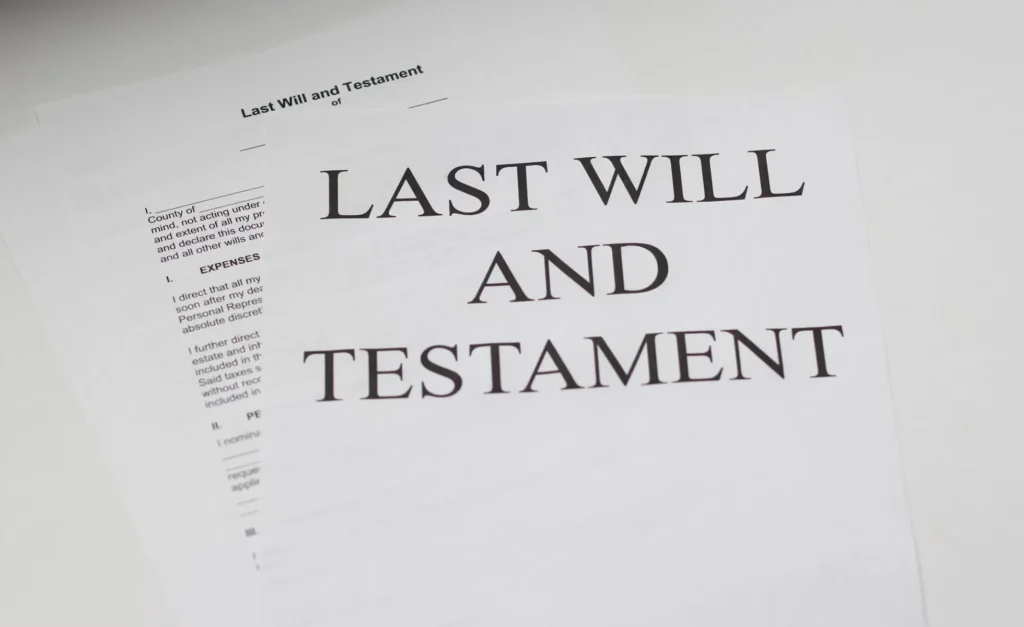“Passing on a legacy is not just a matter of documents and law, but of heart, care, and the continuity of connection between generations.”
Most of us like to stay in control, managing and overseeing all financial matters related to ourselves and our families, without dwelling on the “day after.” However, as we know, life is dynamic and often unpredictable. That’s why it’s wise to engage in forward planning to prevent issues and “stay a step ahead.”
We have a variety of legal tools available to help protect assets and preserve family wealth for the benefit of heirs or beneficiaries. These include loan agreements between parents and children with tailored securities, joint life agreements for unmarried couples who are publicly recognized couples, prenuptial and postnuptial agreements, establishing trusts during one’s lifetime, creating trusts in a Will, drafting Wills, enduring powers of attorney, and more.
In our first meeting, we’ll sit down together to get to know you, understand your family background and status, review the assets and/or businesses you hold, and identify your needs and desired outcomes.
Based on the information gathered, we conduct an in-depth review from both legal and tax perspectives to determine if and how we can help you achieve your desired outcome.
Following the data review, we develop a customized plan that includes legal tools such as prenuptial agreements, trusts, and enduring powers of attorney. These measures are designed to protect your assets and ensure a smooth, secure transfer to future generations.
Everything is ready—let’s get started! We’ll begin implementing each stage of the planned strategy, guiding you through signing, executing agreements, and addressing all legal and tax aspects to ensure a smooth and secure completion of the process.
There are situations in which a client no longer wishes to actively manage their assets or a portion of them, preferring instead to enjoy the benefits while entrusting another entity to handle asset preservation and distribution to beneficiaries. This is where the need to establish a trust arises. The client, known as the “settlor,” may create a trust during their lifetime, transferring part of their assets to a trustee. The trustee is then responsible for managing and holding these assets with loyalty and accountability to the beneficiaries, in accordance with the settlor’s instructions as outlined in the trust deed.
Once control is transferred to the trustee, the settlor knowingly relinquishes control and management of those assets, placing full trust in the trustee’s ability to manage, preserve the wealth, and care for the beneficiaries appointed by the settlor in the trust deed. The trustee is expected to act independently and resist pressures, including potential family influences.
A private trust is a common tool in Anglo-Saxon countries, designed to protect and preserve family wealth and to provide for the beneficiaries listed in the trust deed over many years. In Israel, the locally adapted private trust is known as a “Private Endowment”, established under the Trust Law, 1979.
A Private Endowment can be created by the settlor during during his lifetime or through a Will to take effect after death. Once established, it operates for the benefit of the named beneficiaries and continues to exist even if the settlor or beneficiaries lose legal capacity or in the event of the settlor’s death.

Inheritance law in Israel grants each individual residing in Israel at the time of death the right to “freedom of bequest.” This means that a person can plan and designate, through a Will, who their heirs will be and how their assets will be distributed. If a person chooses not to draft a Will, the law will determine the heirs and the asset division by default, which may not always reflect the deceased’s actual wishes.
There are many cases where a well-drafted Will can prevent future problems and difficulties. For example, if the testator wishes to leave all assets to their spouse instead of their children, or vice versa, a clear Will can ensure that these wishes are respected and enforced.
An Enduring Power of Attorney is a legal document that allows a person, while still mentally capable, to plan for the future by designating someone to manage their financial, personal, or medical affairs, and specifying how these matters should be handled. The document takes effect if and when the person becomes legally incapacitated, providing a clear expression of their wishes with legal validity.
Over time, this tool has evolved to offer more than just the appointment of an attorney-in-fact. It now allows for detailed instructions regarding the ongoing management of the principal’s financial, personal, and medical matters, making it an operational document. This ensures that the appointed attorneys have clear guidance, facilitating decision-making and execution of tasks with institutions such as banks and healthcare providers.

